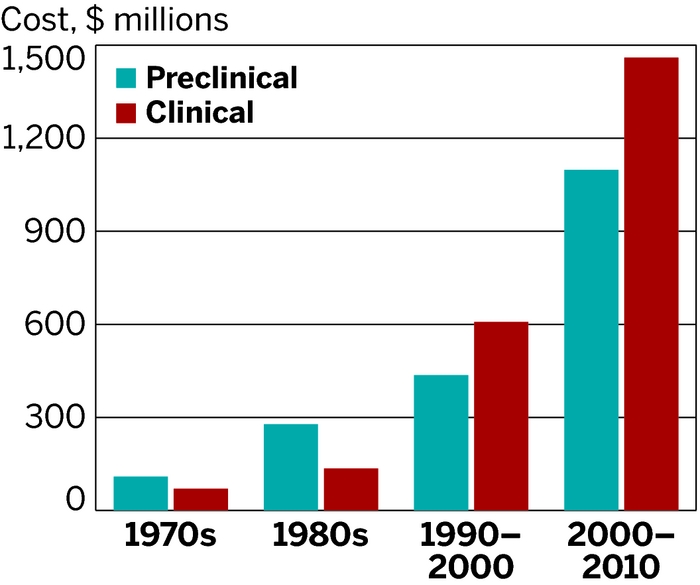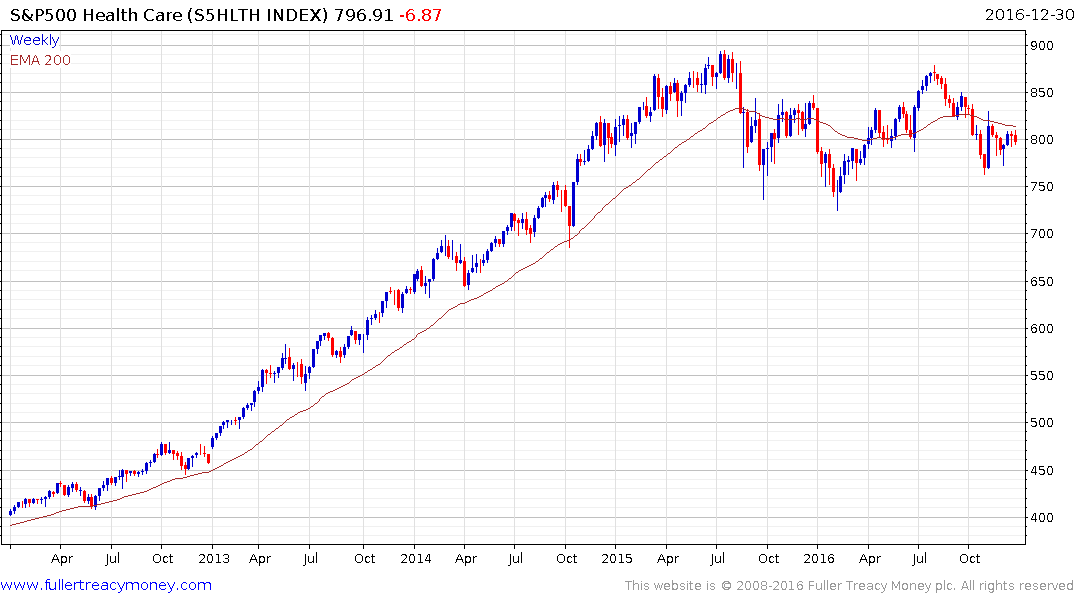Pharma's Pricing Troubles Will Get Worse in 2017
This article by Max Nisen for Bloomberg may be of interest to subscribers. Here is a section:
A structural decline in U.S. pricing power is ominous for every pharmaceutical company -- particularly if it extends to brand-new drugs, or to areas, such as cancer, that traditionally have strong pricing power. Highly effective new cholesterol-lowering drugs from Amgen and Sanofi/Regeneron have had notably sluggish launches since being approved in 2015, as a result of cost-driven roadblocks to patient access. Meanwhile, the market for expensive, immune-boosting cancer drugs -- dominated by Merck & Co. Inc. and Bristol-Myers Squibb Co. when 2016 began -- gained a new entrant this year in Roche Holding AG. Pfizer Inc. and AstraZeneca PLC may join next year. Having five similar drugs on the market would make pricing pressure all but inevitable. These trends quietly gathered strength in 2016, and 2017 will give us more of a sense of just how far they will go. This, regardless of what Donald Trump decides to do, could well be the defining biopharma story of the year.
The pharmaceutical industry has led a charmed existence for a long time because it has been able to increase prices for legacy drugs because of little to no competition. It is the antithesis of what we see in the consumer electronics sector where price pressure is enormous and demand for constant improvements and ever lower costs is the norm.

Competition in legacy products is a welcome development for consumers. It’s terrible news for pharmaceutical companies. As if that was not enough there is the additional consideration that the cost of developing new drugs has skyrocketed over the last decades which creates an even greater challenge because it is so difficult to develop a product pipeline. Little wonder established pharmaceuticals rely on buying biotech companies once they come through with viable products.

The S&P500 Health Care Index has developing Type-3 top formation characteristics and a sustained move above 900 would be required to question that view.
Genetics represents an additional threat to traditional pharmaceuticals companies. The ability to fully sequence not only our own genomes but that of the myriad organisms that call our bodies’ home, coupled with targeted gene editing and massive computing power, to parse the data, puts an era of tailored medicine within our grasp for the first time. Having the equivalent of customised vaccines for ailments that are currently chronic in nature and treated symptomatically has the potential to act as a game changer, or perhaps more accurately a paradigm shift, for the pharmaceuticals industry.
This article penned by Florencio Mazzoldi from Autodesk lays out the challenges and potential growth paths for the genetics sector and may be of interest to subscribers. .


